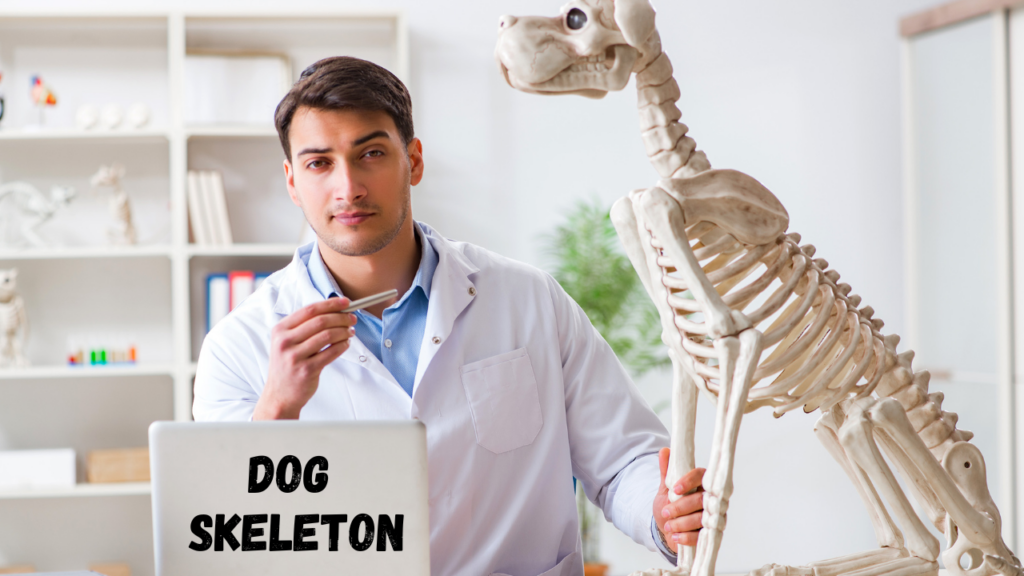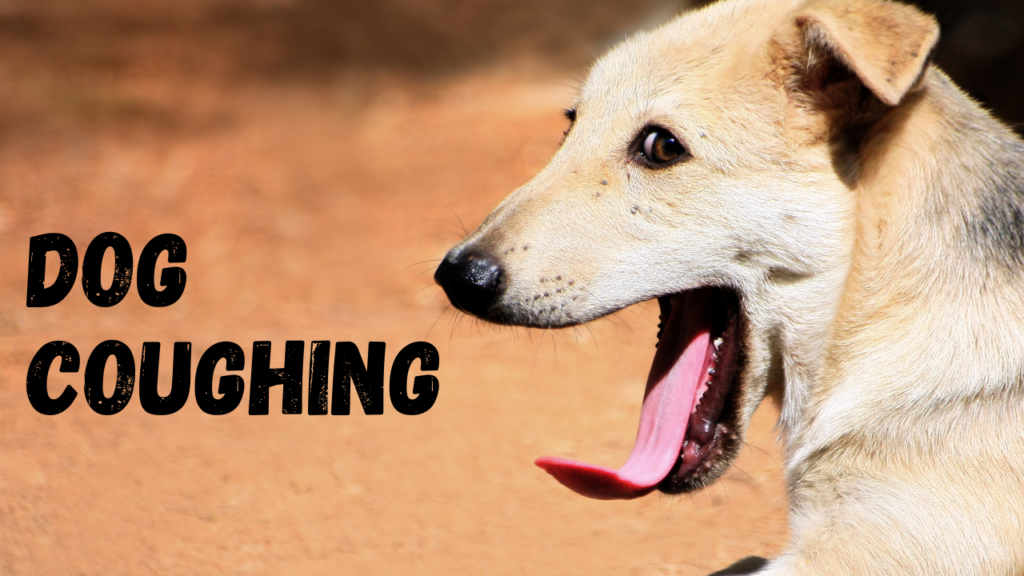If you’ve ever watched your dog quietly licking their paws, you may have wondered, “Why do they do that?” While it’s normal for dogs to groom themselves every now and then, excessive paw licking can be a sign that something’s wrong. Let’s explore the possible reasons dogs lick their paws and when you should be concerned.
Normal Grooming Behavior
Just like cats, dogs sometimes groom themselves by licking. A bit of paw licking here and there is perfectly normal. Dogs use their tongues to clean dirt or food off their paws, especially after a walk or playtime outside. If it’s only occasional, there’s usually no need to worry.
Common Reasons Dogs Lick Their Paws
However, if your dog is licking their paws constantly or intensely, there may be an underlying issue. Here are some common causes:
1. Allergies
Allergies are one of the most common reasons dogs lick their paws. Dogs can be allergic to food, pollen, dust, grass, or even cleaning products used around the house. When dogs have allergies, their skin becomes itchy—especially on their feet.
Signs of allergies may include:
- Red or swollen paws
- Constant licking or chewing
- Rashes or bumps on the skin
- Ear infections
If you think your dog has allergies, talk to your vet. They may recommend allergy testing, dietary changes, or medication.
2. Injuries or Irritations
A cut, splinter, insect bite, or something stuck between the paw pads could make your dog lick the area to soothe the discomfort. Dogs often lick wounds to clean them, but too much licking can make the injury worse.
Check for:
- Swelling
- Cuts or scratches
- Redness
- Foreign objects like thorns or small stones
If you find something unusual, gently clean the area and visit the vet if needed.
3. Dry Skin
Dry skin can cause itching and irritation, especially in colder months or dry climates. Dogs with dry skin may lick their paws and other parts of their body to relieve the itch.
Causes of dry skin may include:
- Cold weather
- Low humidity
- Over-bathing
- Poor diet
Adding a bit of fish oil or omega-3 supplements (with your vet’s approval) may help improve your dog’s skin health.
4. Parasites
Fleas, ticks, and mites can cause intense itching and lead to licking. While fleas are often found on the body, some dogs may chew their paws if they feel discomfort there.
If you suspect parasites, check your dog’s coat and paws closely. A vet can prescribe treatment to get rid of the pests quickly.
5. Anxiety or Boredom
Some dogs lick their paws when they’re stressed, anxious, or bored. Just like humans might bite their nails, dogs may use licking as a way to calm themselves.
Signs of stress-related licking include:
- Licking even when there’s no visible injury
- Licking mostly when alone
- Other signs of anxiety (pacing, whining, hiding)
To help your dog, provide more mental and physical stimulation. Walks, toys, games, and extra attention can make a big difference. In serious cases, a vet may suggest behavior training or anxiety medication.
6. Yeast or Bacterial Infections
Sometimes, constant licking can lead to an infection, or the licking is caused by an infection in the first place. Yeast and bacteria love to grow in moist places, like between a dog’s toes. This creates a cycle: the dog licks because of the infection, and the licking makes it worse.
Look for:
- A strong, bad smell
- Red or swollen paws
- Discoloration of the fur from licking (often brown)
- Sticky or crusty skin between the toes
Your vet can provide proper treatment, such as antifungal or antibiotic creams or medications.
When to See a Vet
It’s time to see the vet if your dog:
- Licks their paws constantly
- Has red, swollen, or bleeding paws
- Shows signs of pain
- Develops a bad smell or unusual discharge
Early treatment can prevent more serious problems and keep your dog comfortable.
How to Help Your Dog at Home
While your vet is the best source of advice, here are some simple steps you can try at home:
- Wipe paws after walks to remove allergens or dirt
- Keep your dog’s nails trimmed to prevent injuries
- Use dog-safe moisturizers if the skin is dry
- Provide mental stimulation with toys and playtime
- Watch their diet and make sure they’re eating healthy food
If your dog keeps licking despite your efforts, there may be an underlying issue that needs professional care.
Final Thoughts
Dogs lick their paws for many reasons—some harmless, others more serious. Occasional licking is usually nothing to worry about. But if it becomes a habit or you notice signs of pain, infection, or irritation, it’s best to check in with your vet.
By paying attention to your dog’s behavior and providing the right care, you can help them stay happy, healthy, and itch-free!
So next time you see your dog licking their paws, take a closer look. They might be trying to tell you something.

Andy Parker is a dog lover, writer, and senior editor at BarkPicks. With years of experience covering canine health, training, and gear, he helps pet parents make smarter choices for happier, healthier dogs. Andy shares his home (and heart) with two rescue pups, Charlie and Mia.



